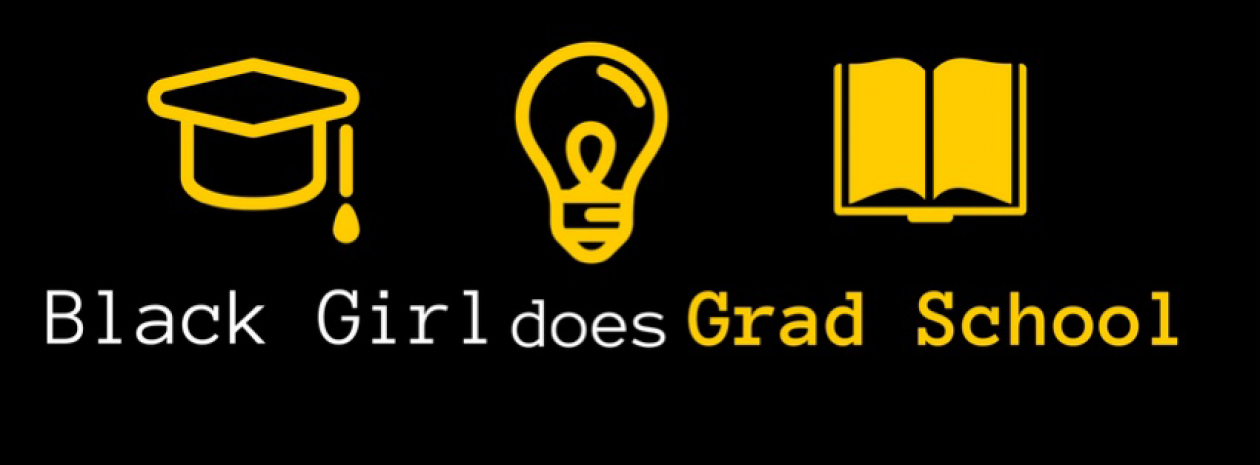As always, when I sit down to write for BGDGS these days, I have to wonder what factors led to all the space between the last post and the one you are reading. General pandemic panic is more than enough reason, but in recent weeks/days, I’ve also been contending with an immediate family hospitalization, my own illness and, of course, the coup. The build-up of difficult feelings stemming from impossible situations has pushed me to a breaking point.
Naturally, when you don’t think you can take anymore, someone or something always comes along and pushes you right over the brink.
One of my committee members had what I’m sure were valid comments on my dissertation first draft that unfortunately were couched in stinging language. In a moment where I couldn’t take much more, that was the thing that convinced me that I couldn’t do this anymore. After spending the whole day prior writing affirmations and goals and timelines for how and when and why I would finish my project, not twenty-four hours later, a single ping of my inbox destroyed all the progress I’d made in building my confidence.
And so I cried.
I cried because in a world where everything is on the verge of shattering for literally everyone at any given moment, it’s still business as usual for academia: enforcing the gatekeeping practices that keep white supremacy happy and well-cared for in this institution. I still have innumerable deadlines, diversity and equity committee meetings to attend, research to conduct, writing to do, all with the expectation that I will continue to give and give and give and give because if I don’t, the threat of an ill-defined “they” will come to reject my access to the Ivory Tower.
On a good day, it is the business of the academy, fueled by the power of white supremacy, to keep us busy and run down so that we can’t fight back (to think through and paraphrase a sentiment by Toni Morrison). It is the business of this institution to keep us preoccupied with trying to make space for our research, our shared knowledge, our work, while tending the needs of our students and often fighting for justice, which we do with love, so that we will not, cannot, take these small moments of rupture in stride. Because the small moment is one of a thousand or more, and this was the weight which caused the collapse of a back not designed to carry this impossible load. I find my day to day in the academy saturated with moments that give me pause, that strike me like a hot iron, that cause me to recoil, and I often bare them quietly. This is business as usual in the academy.
It is not business as usual.
We (Black folks, Indigenous folks, queer folks, women, etc. etc.) deal with aggression and violence and trauma on a near daily basis in this institution, filled with folks who should know better, and theoretically do on paper. We deal with this unkindness (an understatement) on a good day, and it is truly shocking to me that some people find it in their hearts to do this in a pandemic.
Y’all are really choosing violence in a pandemic?
I was recently in a roundtable discussion for the MLA on access in the academy, where we discussed the various ways this institution is designed to prey on precarity, which in turn keeps so many people (who are not rich, cis, white, male) out. We discussed the ways that the pandemic exacerbates many of the issues that already exist in the academy. And it remains grating to me that for many people, the issues that they are now experiencing because of the pandemic that force them to think about and center their students and their well-being, for instance, are questions and concerns that folks who teach in the margins have been speaking and writing about forever.
The idea that this moment has opened the eyes of many to injustice and inequity incenses me, because that tells me with great clarity what we already knew: that the default until now was to operate in the status quo of this institution, which I have outlined as being fueled by white supremacy, among other metrics of oppression.
I snapped over the comments on my dissertation, because in between the lines, there was the sentiment that there is no place for this project I have chosen to undertake. It doesn’t work, not because it lacks rigorous intellectual inquiry, but because the form is not one in which they have been groomed to understand as “scholarship.” It reinscribed harmful notions that there is no place for differing expressions of cultural knowledge.
How many times must we fight this fight before we move on from this battleground?
What is the cost?
I recently tweeted that my personal feed is nothing but arts and crafts updates because I’ve reached a point where if I talk about my work/dissertation or grad school writ large, there is a high likelihood that I will start crying. A friend pointed out that this feeling is a largely accepted part of the process.
I reject the notion that I should be driven to tears by this work on a near daily basis and that this is normal.
This is not business as usual.
This institution does not get to continue to ask of me when its general orientation towards me is one of hostility and violence.
This is not business as usual; nor should it be.



